This article was updated on 7/20/23.
Please note: As we continue to learn more about COVID-19, the information in this article may change. You can find our most up-to-date information about coronavirus here.
Your child wakes up with a fever and stuffy nose. Is it the flu? Is it COVID-19? Or is it something else, like respiratory syncytial virus (RSV)? Unfortunately, right now, all three are possibilities. So how can you figure out what’s causing your child’s illness, and more importantly, what should you do about it?
The short answer is that the cause of your child’s infection might not always be clear. COVID-19, the flu and respiratory viruses such as RSV have similar symptoms. But there are a few differences that can help you determine why your child is sick.
What is the biggest difference between COVID-19, RSV and the flu?
COVID-19 has many similarities to the flu and RSV because they are all contagious respiratory viruses that spread from person to person by droplets traveling through the air. But there are key differences as well:
- Children with COVID-19 may not have symptoms at all, or may have a gradual onset of fever, congestion, cough and loss of taste and smell that last anywhere between seven to 28 days. Neither RSV nor the flu typically cause a loss of taste or smell, so if your child has these symptoms there’s a good chance they have COVID-19.
- Older children with RSV usually have minor symptoms similar to a cold. Younger kids and babies with RSV tend to have a slow onset of cold-like symptoms and then a sudden escalation. Symptoms last three to seven days.
- Most children who have the flu will experience a rapid onset of symptoms such as fever, cough and runny nose, and these symptoms will last from five to seven days.
COVID-19 symptoms
People with COVID-19 have reported a range of symptoms, and not everyone infected with the virus will have the same symptoms. Symptoms tend to appear from two to 14 days after exposure to the virus and include:
- Fever/chills
- Body aches
- Loss of taste and/or smell
- Cough
- Shortness of breath
- Headache
- Tiredness/fatigue
- Sore throat
- Congestion
- Diarrhea
- Nausea or vomiting
- Abdominal pain
Loss of taste or smell is unique to COVID-19 — it isn’t seen in any of the other illnesses — but it’s also important to know that may kids with COVID-19 never experience loss of taste or smell, so just because your child doesn’t have this symptom doesn’t mean they don’t have COVID-19.
Respiratory syncytial virus (RSV) symptoms
Infection with RSV is common among young children and usually begins as a mild cold, but can cause severe breathing problems in premature babies, as well as infants and toddlers under the age of two who have chronic lung disease and chronic heart disease. Symptoms of RSV include:
- Coughing
- Sneezing
- Fever
- Runny nose
- Decrease in appetite
- Trouble breathing
- Unusual behavior such as excessive tiredness or irritability
Flu symptoms
The seasonal flu (influenza) can cause mild to severe illness. The flu usually comes on very suddenly. Your child may feel perfectly fine one day and be very sick the next. Common symptoms of the flu include:
- Fever/chills
- Cough
- Sore throat
- Runny or stuffy nose
- Muscle or body aches
- Headaches
- Fatigue (tiredness)
- Nausea
- Loss of appetite
The good news is that flu shots can protect your child from having severe infections, or from even getting infected altogether. And since many symptoms of the flu are shared with COVID-19, it’s more important than ever to get a flu shot this year.
Can kids get infected with multiple viruses at the same time?
Unfortunately, the answer to this question is yes. It’s not uncommon for kids to contract multiple respiratory viruses at once. Younger kids — toddlers and infants — who have multiple viral infections at the same time may have more severe illness than if they had only contracted one virus.
How can I protect my family from the flu, COVID-19 and RSV?
Fortunately, there are safe and effective vaccines for both COVID-19 and the flu, and the Food and Drug Administration has approved a drug called Beyfortus which protects infants against RSV.
Since the RSV virus travels and lives on surfaces, washing your hands often and keeping infants away from children and adults who are exhibiting common cold symptoms can be extremely helpful. Breastfeeding and avoiding second-hand smoke also show natural benefits to possibly preventing RSV.
What should I do if my child has symptoms that could be COVID-19, the flu or RSV?
If your child develops symptoms, we first want to encourage you to offer them supportive care: allowing them adequate time to rest, keeping them well hydrated, and giving age-appropriate over the counter medicines if needed for comfort.
While symptoms are present, we recommend keeping your child at home and physically separate from those who do not have symptoms. This is particularly important for children who go to daycare, school or are exposed to individuals who are not vaccinated against COVID-19 as quarantining will help stop the spread of COVID-19 in our community.
If you have any questions about your child’s symptoms or need for testing, please contact your child’s pediatrician.
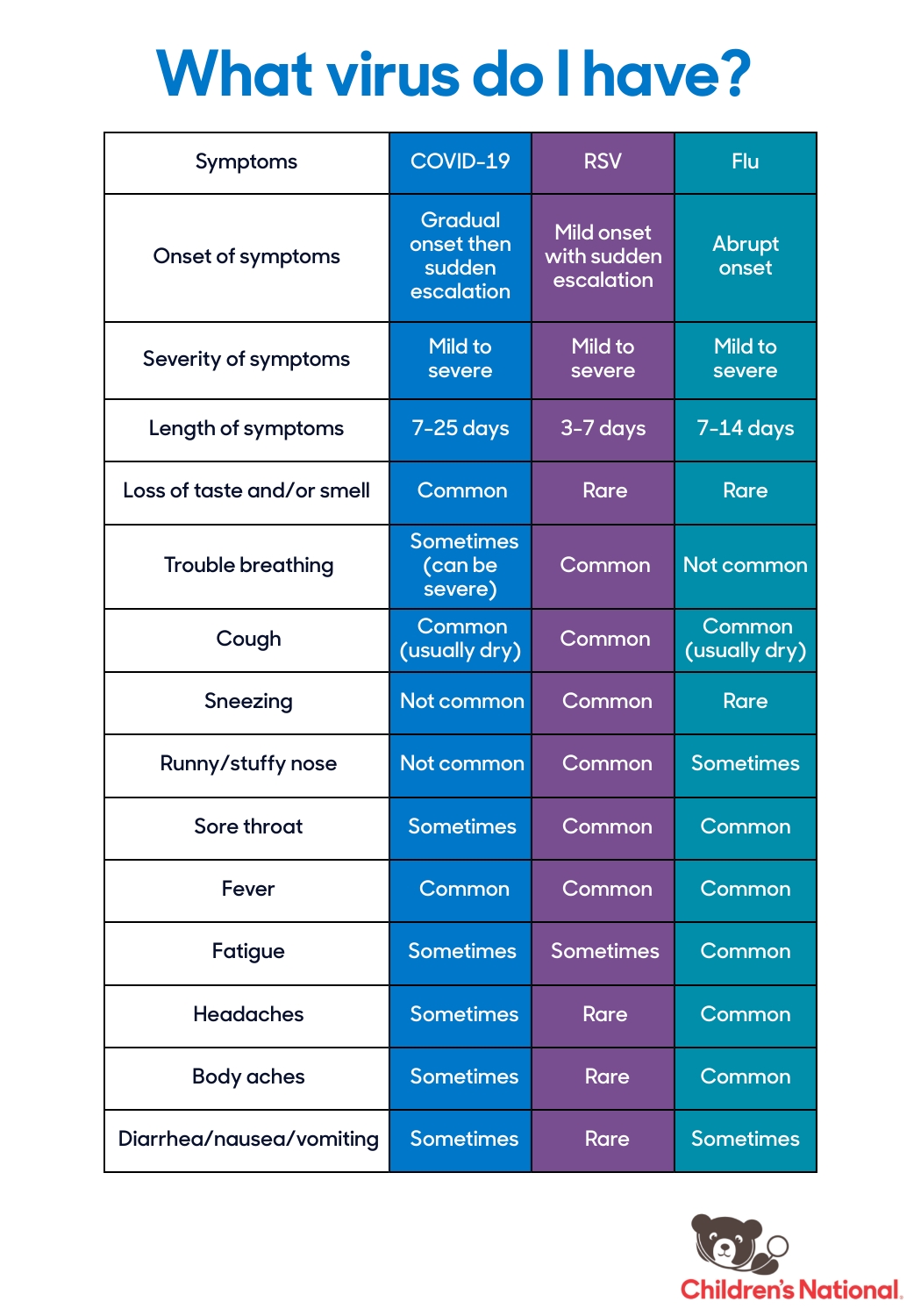
Download our What virus do I have? infographic here.
 https://riseandshine.childrensnational.org/wp-content/uploads/2023/10/baby-with-doctor-feature.png
300
400
Rise and Shine
https://riseandshine.childrensnational.org/wp-content/uploads/2017/11/childrens_riseandshine_logo.jpg
Rise and Shine2023-10-16 13:00:402023-10-16 13:06:18FAQs about Nirsevimab — the new respiratory syncytial virus (RSV) vaccine
https://riseandshine.childrensnational.org/wp-content/uploads/2023/10/baby-with-doctor-feature.png
300
400
Rise and Shine
https://riseandshine.childrensnational.org/wp-content/uploads/2017/11/childrens_riseandshine_logo.jpg
Rise and Shine2023-10-16 13:00:402023-10-16 13:06:18FAQs about Nirsevimab — the new respiratory syncytial virus (RSV) vaccine






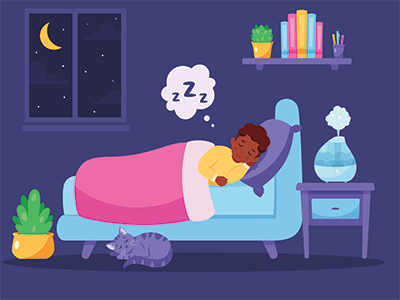
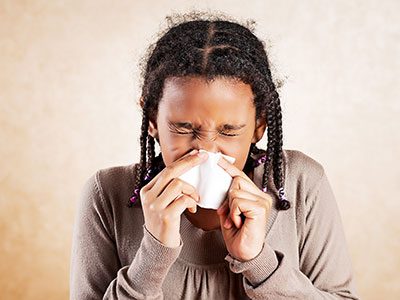
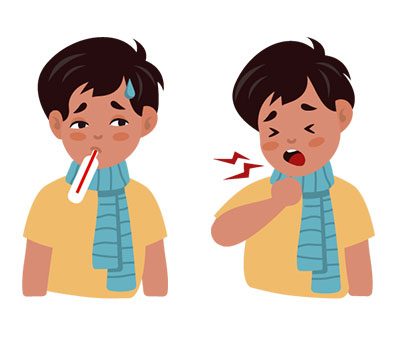
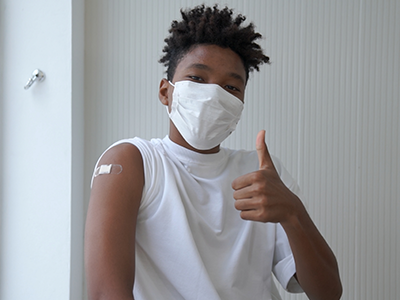

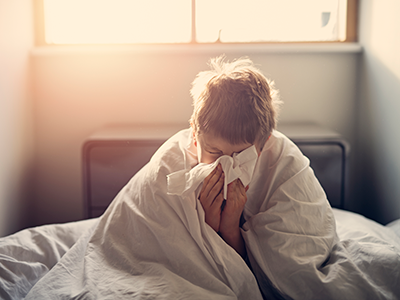
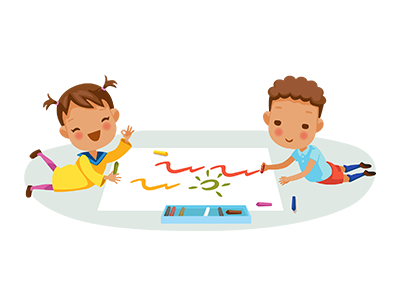
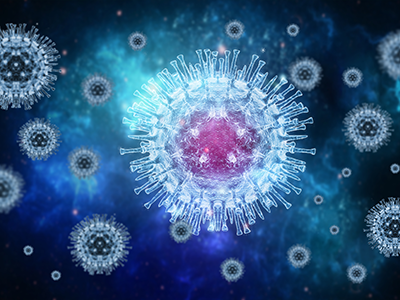

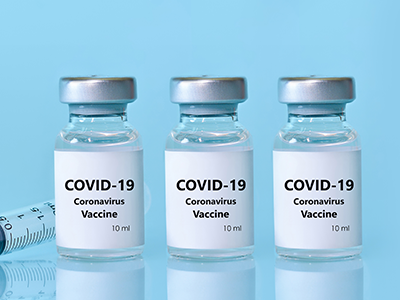
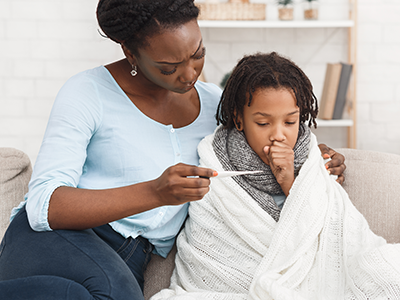

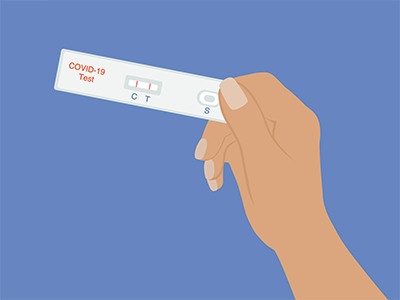
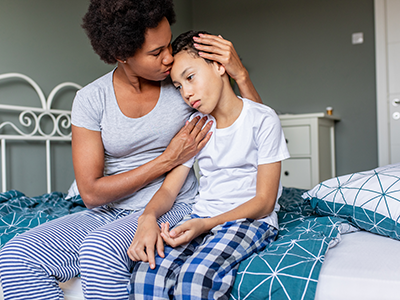
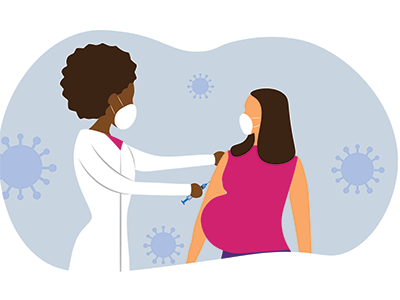
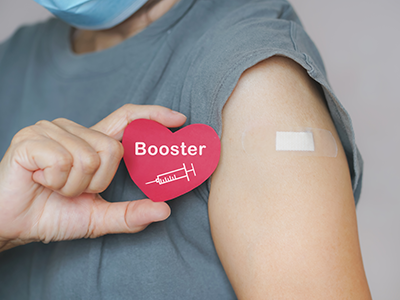
Leave a Comment
Want to join the discussion?Feel free to contribute!